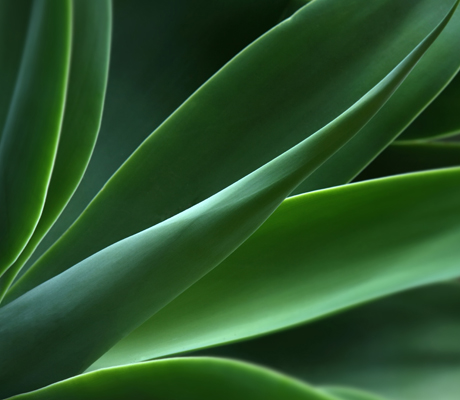By Chris Simmons
Have you ever wondered about the differences between Tequila and mezcal? You wouldn’t be the first to question if they’re the same thing or if mezcal is just a cheaper version of Tequila. In fact until a recent wave of popularity, mezcal carried quite the unsavory reputation as the bottle with a worm in it that will make you hallucinate. Well, it’s high time we put some of these misconceptions to bed.
Before we examine how the two are different, let’s take a quick glance at how they’re similar. They’re both made in Mexico and both come from an agave plant. They share a common ancestry, with many historians putting the birth of mezcal sometime around the 16th century. While there are some similarities with production methods, this is where the differences start to emerge.
Let’s first look at mezcal as it’s the original Mexican spirit. Mezcal can be produced from one (or more) of several different types of agave. The number fluctuates depending on who you’re speaking with, but generally falls in the range of 30 to 40 different species of agave, with most mezcal being produced from the Espadin varietal. Once the agave is harvested, a large batch is cooked in an underground pit, then crushed, fermented and distilled resulting in the final product.
Tequila takes a different path to reach its end. It starts from a very specific type of agave, the Blue Weber varietal, and must be produced from this specific type of agave in order to be called Tequila. Then, rather than being cooked in an underground pit, the blue weber agaves are cooked in either a brick oven or a metal steam oven called an autoclave. Next, like with mezcal, the agave needs to be crushed. While some producers use a method similar to mezcal using a large stone wheel called a tahona, most companies nowadays incorporate a much more modern metal shredder. Once crushed, the liquid then moves on to fermentation and distillation.
In short, the biggest differences between Tequila and mezcal are the various agaves used, the production differences and the final taste profile. Mezcal producers employee much more antiquated techniques while the Tequila industry has done a great deal of modernization over the past century or so. From a taste perspective, mezcal tends to be earthier, more vegetal and sometimes smoky, whereas Tequila is typically more sweet, floral and lower in proof (alcohol content). These are generalizations of course, as the two categories are both broad and have many varying profiles. But generally speaking, while Tequila and mezcal share a common ancestry, they are quite different in make-up and taste.

